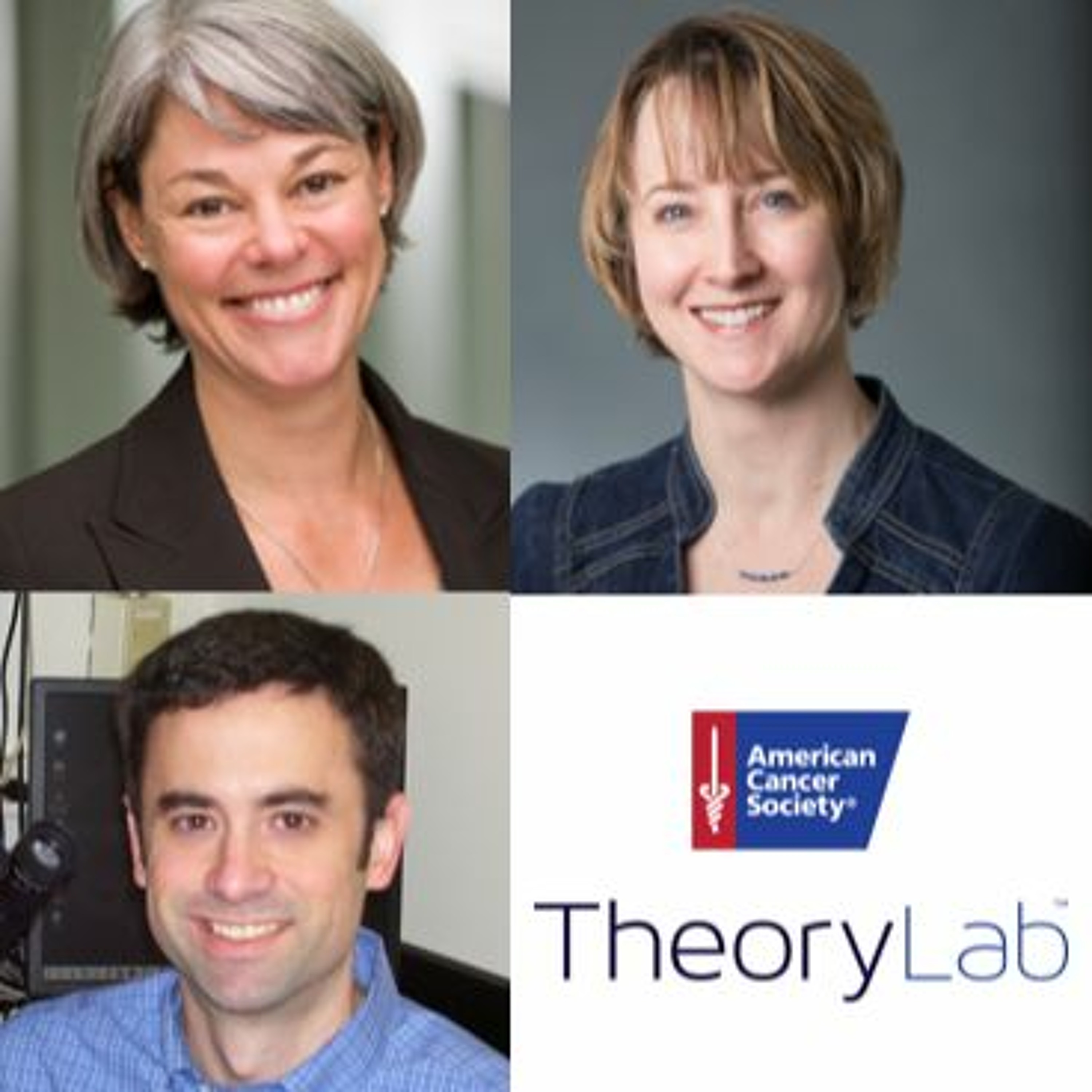Were all in this together:" Three approaches to cancer research

In this episode, three researchers from Dartmouth who are investigating very different aspects of cancer joined the podcast to share their work. One of the guests, James Moseley, PhD, summed up why a diversity of scientific approaches and collaboration among researchers is so important:\n\n\u201cWe\u2019re all in this together. There are so many different angles to fighting cancer, whether it be here at Dartmouth\u2014where we\u2019ve got folks working on the level of cells and proteins all the way up through patient care and beyond\u2014or through the ACS. This is really a team effort, and we\u2019re all kind of working on our individual parts, but (this is) a reminder that we\u2019re all working together to tackle all these different aspects of cancer with the ultimate goal of helping patients and survivors.\u201d\n\nAmber Barnato, MD, MPH, MS, is the Susan J. and Richard M. Levy 1960 Distinguished Professor in Health Care Delivery. Her research focuses on variation in end-of-life intensive care unit and life-sustaining treatment use.\n\nKathleen Lyons, ScD, is Associate Professor of Psychiatry. Here research focuses on cancer rehabilitation and palliative and supportive care.\n\nJames Moseley, PhD, is Professor of Biochemistry and Cell Biology. His lab studies how cells coordinate cell growth and division.\n\n5:10 \u2013 Dr. Barnato on making sure that end-of-life care aligns with personal goals, helps manage symptoms and emotional distress, and supports families\n\n7:08 \u2013 Dr. Lyons on how rehabilitation science helps with symptom management and side effects from cancer treatment\n\n9:24 \u2013 Dr. Moseley on a different kind of decision making \u2013 how a cell decides that it\u2019s going to divide\n\n13:02 \u2013 How early engagement of palliative care in cancer care improves quality of life and symptom management and can help extend life\n\n16:02 \u2013 On the growing understanding of why \u201cprehabilitation\u201d before treatment is so important\n\n20:24 \u2013 What we\u2019ve learned from technological breakthroughs that have allowed researchers to watch individual proteins in cells\n\n27:20 \u2013 Dr. Barnato\u2019s focus on medical decision making and patient-provider relationships\n\n29:42 \u2013 How Dr. Lyons is focused on accelerating recovery from treatment and helping patients get back to doing the activities they want to do\n\n35:30 \u2013 Dr. Moseley poses an interesting question: How does a cell know what size it is? \n\n39:10 \u2013 On the collaborative, supportive environment at Dartmouth\n\n40:49 \u2013 The impact of ACS funding on their research\n\n49:55 \u2013 A message they\u2019d like to share with cancer patients, caregivers, and survivors